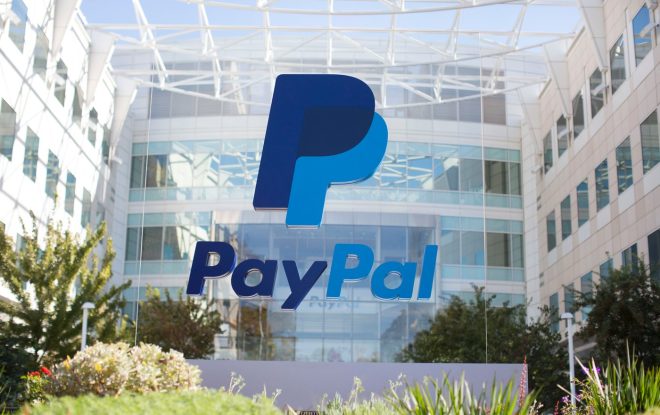Peter Thiel Says Trump's 60% China Tariff Would Be 'Very, Very Bad' For Beijing, Here's What's At Stake
Renowned tech investor and Palantir Technologies’ co-founder Peter Thiel has made a daring prediction about the potential impact of President-elect Donald Trump’s 60% tariff on Chinese goods.
What Happened: On Thursday, during an interview with The Free Press, Thiel suggested that such a tariff would be “very, very bad” for Chinese companies and China as a whole.
However, he believes the impact on American consumers would be “mildly negative” as manufacturing would likely shift away from China.
According to Thiel, shifting manufacturing from China to Vietnam would significantly harm China, and have only a minor impact on American consumers. From a geopolitical perspective, he argued, this move would align closely with American strategic interests.
Why It Matters: Earlier this year, Chinese stocks experienced a notable rally, pushing the SSE Composite Index in Shanghai to its highest point since September 2023.
However, Trump’s proposed tariffs, which could reach as high as 60% on Chinese goods, along with additional import hikes on other nations, could disrupt these investments.
A day after Trump won, China-linked ETFs witnessed a sharp fall after rallying for nearly two months.
| China-linked ETFs | Share Price Drop On Nov. 6, 2024 |
| KraneShares CSI China Internet ETF KWEB | 2.01% |
| iShares MSCI China ETF MCHI | 2.70% |
| iShares China Large-Cap ETF FXI | 2.94% |
U.S.-listed Chinese stocks such as Alibaba Group Holding BABA, JD.com JD, Baidu BIDU, NIO Inc. NIO, Li Auto Inc. LI, and XPeng Inc. XPEV also saw a decline in trading following Trump’s win.
The imposition of such tariffs could strain China’s economic growth, negatively impacting the performance of China-focused ETFs, particularly those tied to the tech sector and large-cap companies, making them less attractive to investors.
Despite the immediate economic challenges that such a tariff would pose, some experts believe that China may view Trump’s return to the White House as an opportunity for strategic advantage.
Earlier this week, Chinese President Xi Jinping also expressed China’s willingness to collaborate with the U.S. government, regardless of the administration in power.
Image via Wikimedia
Read Next:
Disclaimer: This content was partially produced with the help of Benzinga Neuro and was reviewed and published by Benzinga editors.
Market News and Data brought to you by Benzinga APIs
© 2024 Benzinga.com. Benzinga does not provide investment advice. All rights reserved.



Leave a Reply